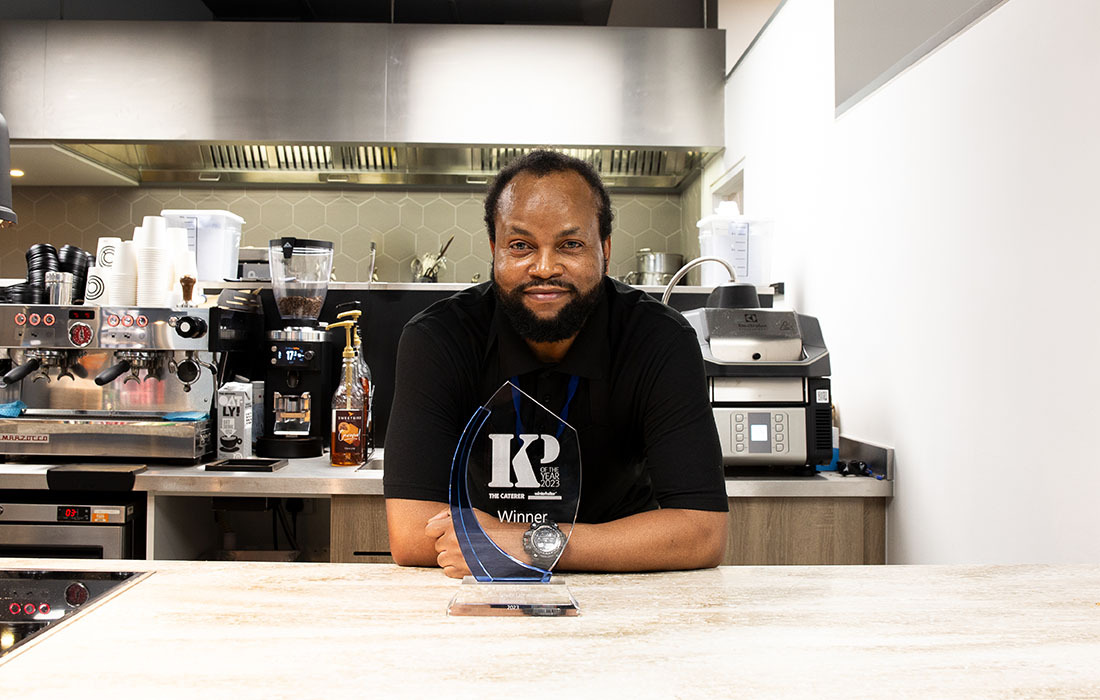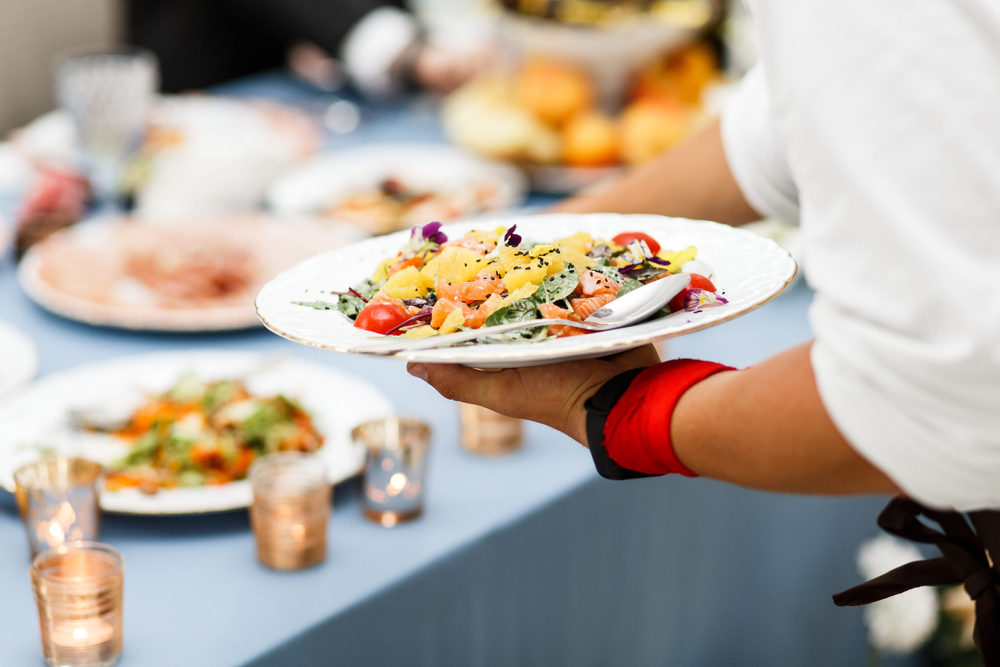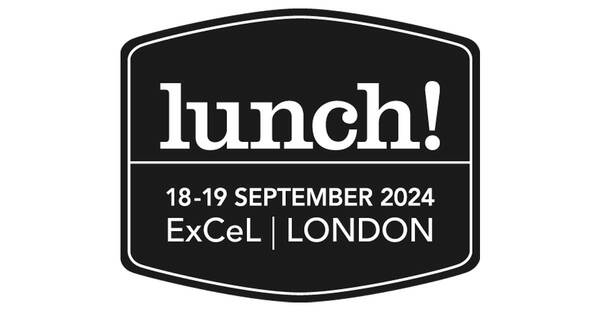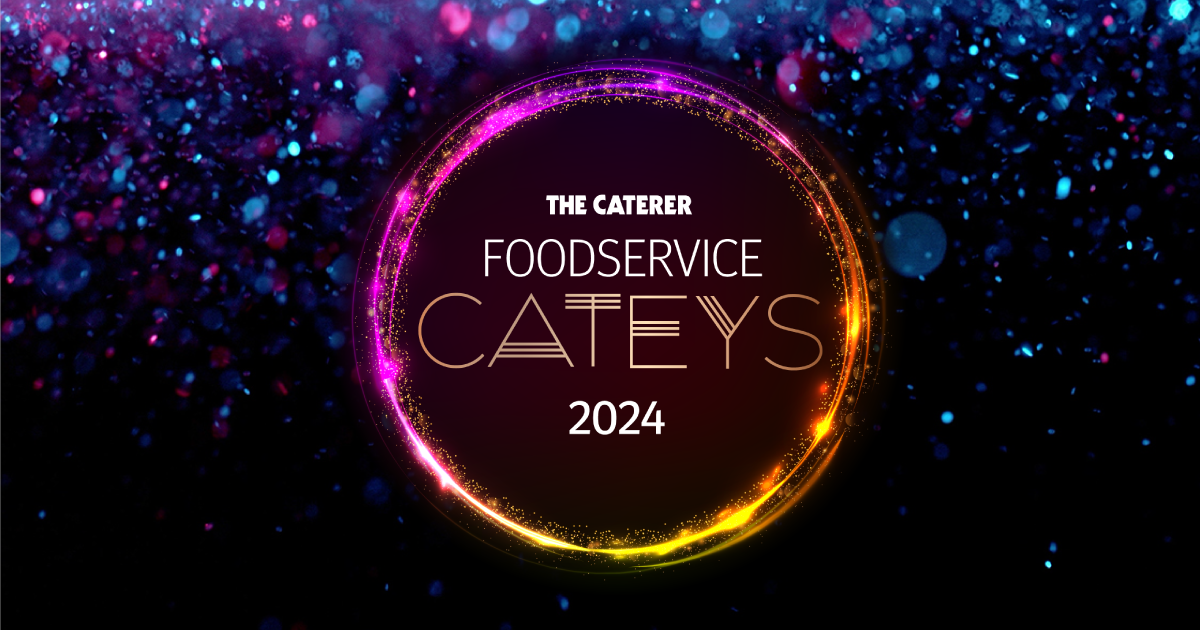Catering of the elderly
Our focus in the fourth week of Healthy Eating Month is feeding the elderly. Emma Allen explains how caterers can help improve quality of life in this sector
It's a well-documented fact that Britain has an ageing population. People are living longer - by 2031, the UK's population of over-80s is expected to double to five million - and the need for better food standards in care homes and hospitals is more pressing than ever.
For many elderly residents in care homes, meals are often the highlight of the day, and crucially, food plays a vital part in the recovery of patients and in maintaining immunity and resistance to infection.
Yet nutritional standards for the elderly is an issue that has been overlooked in recent years, and a lack of co-ordinated policy between different organisations has led to what some call the "postcode lottery" of care.
Malnutrition is one of the biggest concerns. A report last year by nutritional charity the British Association for Parental and Enteral Nutrition (BAPEN) found that, shockingly, more than a quarter of all adults aged over 70 admitted to care homes are at risk of malnutrition. For those over 80, the figure rose to one in three. Malnutrition now costs the NHS about £7.3b - more than double the estimated cost of obesity.
Other worrying statistics include the Commission for Social Care Inspection's 2005 findings that one in six care homes - totalling about 1,900 homes in the UK - were failing to provide meals of a minimum standard.
The good news is that things seem to be changing, albeit slowly. According to BAPEN, about 89% of hospitals and 82% of care homes now have nutrition screening policies in place to identify incoming residents most at risk from malnutrition. Protected mealtimes, when non-emergency clinical activity stops to promote a relaxed environment for patients, have also been introduced in many hospitals.
One of the most significant steps in recent years, however, is the Government's new Nutrition Action Plan (see panel opposite), which was launched last November. The first national plan to focus on nutrition, it highlights five priority areas, such as improving access to training on nutritional care for all frontline staff and managers.
For Sue Ullmann, chair at the National Association of Care Caterering (NACC), which represents more than 500 caterers in the care sector, the training and development aspect is particularly relevant. "At the moment, there's no mandatory training for staff who provide and deliver meals to older people within different care settings," she explains. "But the care sector very clearly presents certain challenges for caterers, and not just for chefs. The delivery of food to the table is extremely important too."
Residents with dementia, for example, might forget to eat regularly so staff may be required to remind them, or provide more suitable "finger foods" that can be picked at, rather than simply whisking untouched plates away. Others may require modified diets if they are on medication, or if somebody is losing weight, diets may need to be fortified with extra vitamins and nutrients.
Barchester Health Care, which owns 180 care homes across the UK, has introduced specialised training. Its Barchester Diploma was launched three years ago to give chefs extra guidance in nutrition and special diets - core areas that Barchester felt were lacking in the NVQ qualification - while its Master programme includes chocolate and pastry work and game cookery.
"It's been very successful. Our residents can expect to have excellent, home-made and nutritious food in our homes, which is beautifully served," says Terry Tucker, Barchester's director of learning, development and hospitality. Each chef has his or her own supplier network, and food is sourced locally, allowing for regional tastes to be catered for, such as serving haggis in Scotland.
At Caterplus Services, an independent contract caterer that specialises in care with 100 care home clients around the UK, managing director Jim Lovett says that catering to individual likes and dislikes is particularly important. "It's a complicated process but you do need to provide a choice," he says. "We're increasingly dealing with people who need high levels of care but at the same time, residents don't want to be dictated to about what they can or can't eat. We make a big point of getting to know what people like."
To encourage feedback on menus, staff hold resident forums and are given additional training in food service. Chefs will often make bespoke dishes for residents, and are also trained in presentation skills, particularly with soft diets and purées, which can look unappetising.
CLS Care Services, a care home provider with 36 homes, has devised Marvellous Mealtimes, setting out a number of practical strategies to promote better eating, such as using crockery that's easily visible, and making sure staff minimise distractions throughout mealtimes, with calming music played instead. Where possible, residents are encouraged to get involved with peeling potatoes, laying the tables and slicing fruit.
But what about the quality of the food going on the plate? One ongoing debate between nutritionists and campaigners is that the official nutritional guidelines for care homes are currently open to interpretation. Under the Department of Health's national minimum care standards, care homes must provide a "wholesome, appealing, balanced diet", with at least three meals a day, at least one of which must be cooked. But some feel the standards don't go far enough.
"The guidelines are subjective and it's not clear how nutritional standards are to be met," explains Alison Smith, community dietitian and spokeswoman for the Nutrition Advisory Group for Elderly People at the British Dietetic Association. "Elderly people, although they might have a decreased appetite, actually have quite specific nutritional requirements, particularly if they're taking medication or are unwell, and malnutrition is a real risk for many."
In response, organisations such as the Food Standards Agency and the Caroline Walker Trust (CWT) have created their own nutritional guidelines to help caterers, including detailed advice from the CWT on feeding people with dementia. Last January, NACC launched its own manual covering nutritional assessments of residents, menu planning and catering to special diets and religious groups.
Some care homes are also choosing to set their own nutritional standards over and above the minimum requirements. At Broadleigh, an independent care home in Peterborough, Cambridgeshire, with 32 elderly patients who have come mainly from hospital, the aim is to offer good-quality, home-cooked food that residents genuinely enjoy. As much produce as possible is bought locally, including meat from a local butcher, and food is always prepared fresh on site each day. Typical meals might include roast beef, or steamed fish with mashed potato, with traditional pudding favourites such as sponge pudding and fruit crumbles.
Looking ahead, the top end of the UK care home sector looks set to follow the USA with increasing numbers of affluent elderly looking for quality and choice. But in the meantime, despite the large proportion of homes in the UK that set high standards with personalised care, and the Government's pledge to stamp out malnutrition in care homes and hospitals, some feel that the sector as a whole still has some way to go. "We need a Jamie Oliver figure to jump up and down," says Smith. "We've got to raise nutritional standards, not just in a few homes, but across the country."
Contacts
National Association of Care Catering www.thenacc.co.uk
Food Standards Agency www.food.gov.uk
British Dietetic Association www.bda.uk.com
Age Concern www.ageconcern.org.uk
Commission for Social Care Inspection www.csci.org.uk
The Nutrition Action Plan (NAP)
What is the NAP?
Last October Health Minister Ivan Lewis published the Government's Nutrition Action Plan in conjunction with more than 25 leading stakeholders such as Age Concern. It outlined five key priorities for health and social care organisations, focusing on tackling malnutrition and how to ensure that the nutritional needs of older people in hospitals and care homes are better met.
What are the five key areas?
- To raise awareness of the link between nutrition and good health and of the fact that malnutrition can be treated.
- To ensure guidance is available across all sectors and the most relevant guidance is appropriate and user-friendly.
- To encourage nutritional screening for all people using health and social care services, with particular attention to groups known to be vulnerable.
- To encourage provision of training for frontline staff and managers on the importance of nutrition.
- To clarify standards and strengthen inspection and regulation.
What's next?
From September, nutrition principles will be assessed in practice as part of student nurse training. Training in nutritional care and assistance with eating will be available to all NHS and social care staff from this month.
Case study: Anchor Homes
With 102 care homes around the country, Anchor Homes is one of the biggest not-for-profit care providers in the UK. Two years ago, it launched Cater Craft, the country's first externally accredited catering course designed specifically for care home chefs.
The main focus is on teaching chefs how to use fresh seasonal produce and take a back-to-basics approach to cooking, avoiding ready-prepared foods such as tinned vegetables and soups, and improving presentation of soft-diet foods such as purées. A specialist Anchor team runs a tailored course for waiting staff to improve mealtimes for residents with dementia, who often have poor appetites and may have problems handling cutlery and crockery.
Since Cater Craft was launched, 130 chefs out of 400 across the organisation have graduated, earning a BTEC qualification, and for Paul Flood, catering and training co-ordinator at Anchor Homes, the benefits have been significant.
"It's really made a difference, both to our residents and our chefs," he says. "We've got more residents eating in the dining rooms now rather than in their rooms because the food's much better, and we're making savings because we're not buying ready-made, prepackaged foods."
Another innovation is a new food-ordering system. Residents can now choose their meals at the table, based on what they like the look of that day, rather than preordering.
"Residents are much more likely to enjoy the meal if they've chosen it that day," says Flood.
Importance of hydration
Dehydration is extremely common in elderly people but its consequences can be life-threatening, according to Alison Smith of the Nutrition Advisory Group for Elderly People (NAGE).
Six to eight glasses of water a day is the recommended amount, but one survey by the Royal Society for the Promotion of Health found that most elderly residents in care homes drank only two to four glasses of water a day. Offering an interesting variety of fluids, such as smoothies or squashes, can encourage people to drink more.
"Sometimes people just forget to drink, especially those with dementia, and that's when supervision is very important to make sure they're reminded," explains Smith. "Or it might be the fear of incontinence that stops them from drinking enough, particularly if their mobility is limited and they're worried about going to the loo regularly."
Dehydration can, in certain cases, lead to serious health problems. It has been identified as one of the risk factors for falls in the elderly, and it can cause deterioration in a person's mental state, resulting in dizziness and fainting. Tiredness and confusion caused by not drinking enough fluids can often be mistaken for dementia, while other problems include urinary tract infections and in serious cases, kidney failure.
To help minimise the risk of dehydration, the Royal College of Nursing, supported by the Hospital Caterers Association, has produced a free, downloadable Hydration Toolkit as part of its Nutrition Now campaign, which gives clear, practical advice. Download here.




















